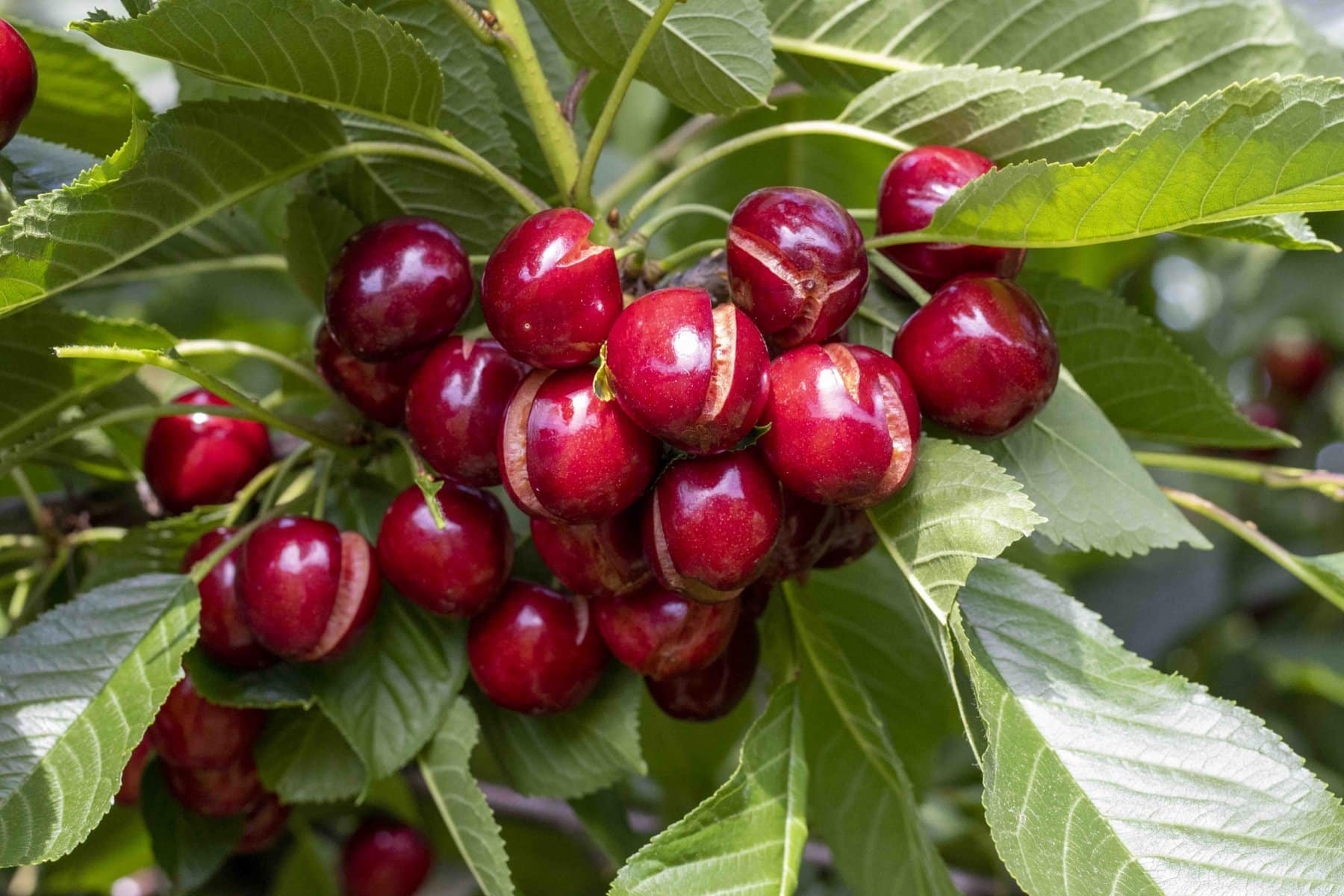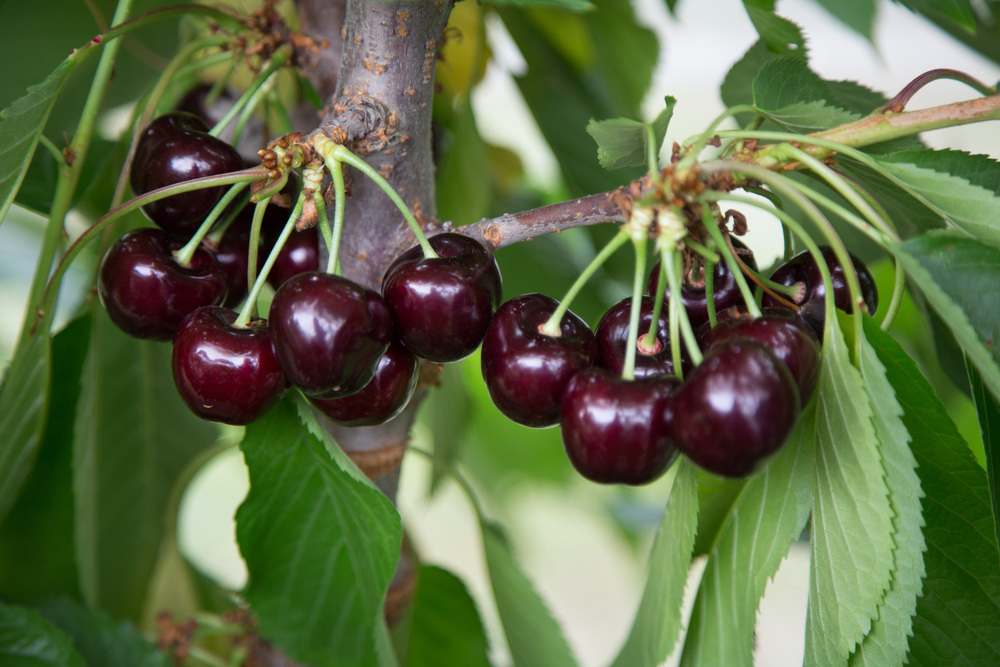In the context of European fruit nursery production, the use of healthy propagation material is essential to ensure plant quality and, consequently, the future productivity of the orchard.
However, the presence of the San José scale (Quadraspidiotus perniciosus Comstock), a harmful phytophagous insect, poses a real threat, even in protected environments such as greenhouses, shaded fields, and insect-proof structures.
A three-year study conducted at the Fruit Growing Institute in Plovdiv, Bulgaria, assessed the impact of San José scale on three fruit species: apple, plum, and sweet cherry, grown in containers under both protected and unprotected conditions.
The results show that San José scale caused a marked reduction in vegetative growth in all three species, particularly in apple trees, where the damage index reached 75% in insect-proof structures, 71.7% in shaded fields, and 56.7% in open fields.
Physical protection and infestation risks
Although insect-proof nets are designed to prevent the entry of parasitic insects, if the propagation material is already contaminated, such structures can paradoxically create microclimatic conditions that favor the pest's development, increasing its aggressiveness and severely compromising plant quality.
In fact, it was observed that the origin of infestation significantly influenced the extent of damage: in cases where plants were obtained from cuttings already hosting the insect, vegetative damage was significantly higher than damage from natural pest migration.
In sweet cherry trees, for example, damage from infected material reached 19.5% under insect-proof net, compared to 6% from migration-based infestations.
Similar trends were observed in plum trees, with 13% damage in open fields, 11.1% in shaded fields, and 9.4% under insect-proof nets, all cases involving propagation from contaminated material, while damage from migration was lower.
Severity analysis and phytosanitary strategies
The analysis of infestation severity, assessed on a five-level scale, showed that in apple trees under insect-proof nets, the frequency of plants with moderate to severe damage (levels 3 and 4) was significantly higher than in other conditions.
At the same time, the number of completely unaffected plants was very low across all environments, particularly under nets.
The study highlights how physical protection through the use of nets may not be sufficient to ensure the health of nursery material unless it is combined with rigorous monitoring and appropriate prevention measures.
Conclusions and phytosanitary management
In conclusion, the study shows that San José scale can cause serious damage even in controlled environments and that accidental introduction of the pest via infected material leads to high risks.
However, strict application of phytosanitary measures, such as visual monitoring of grafting material, can help contain pest spread.
In an agricultural context increasingly exposed to climate change and new biological threats, proper phytosanitary management of nursery material is a crucial factor in protecting fruit crops and ensuring the safety of production throughout the entire supply chain.
Source: Ivanov, P. (2024). Risk assessment on vegetative parameters in the production of fruit planting material from the San José scale. Journal of Central European Agriculture, 25(4), 1043-1053. https://doi.org/10.5513/JCEA01/25.4.4405
Image source: PNW OSU
Andrea Giovannini
University of Bologna (ITA)
Italian Berry - Tutti i diritti riservati










